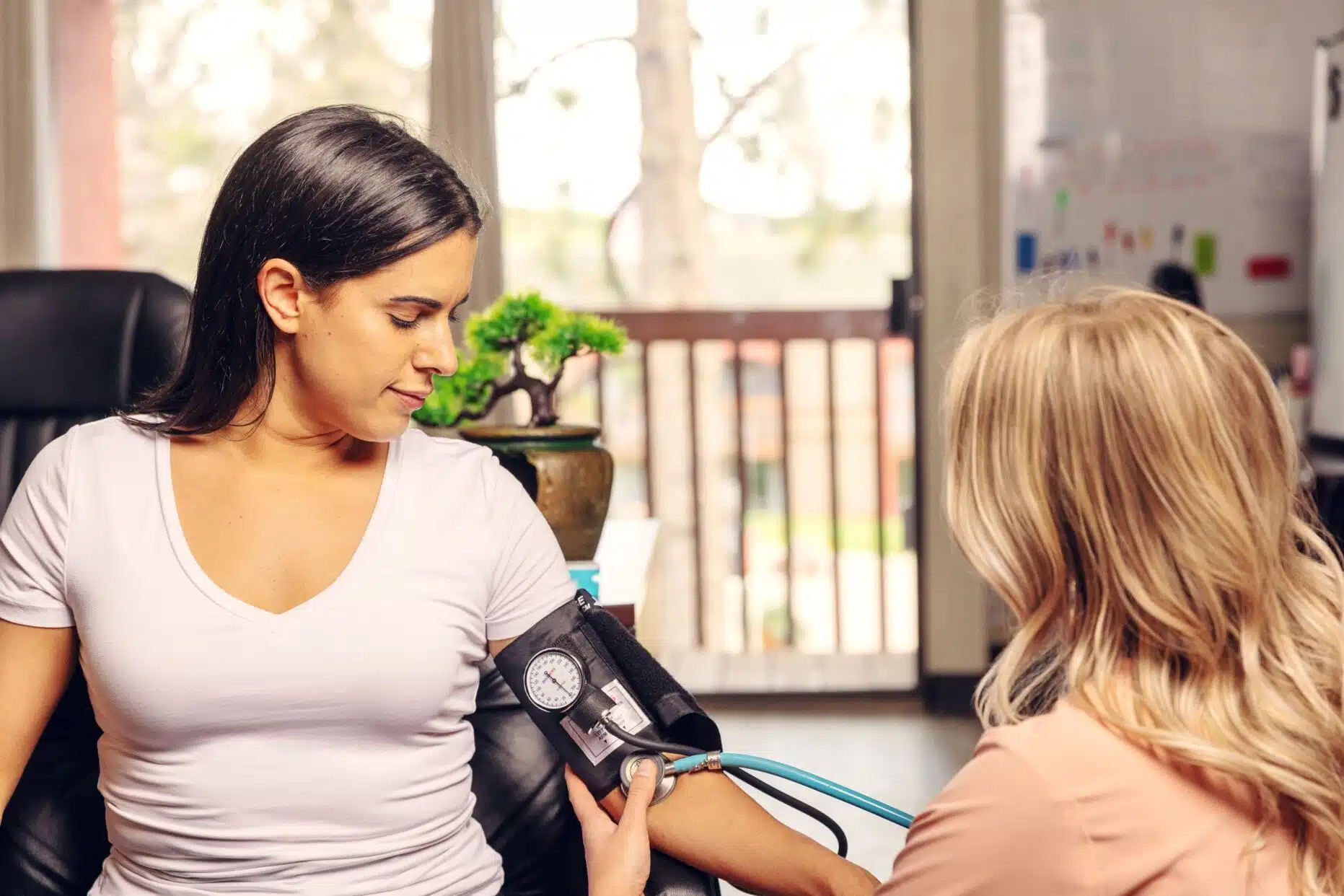A man is standing on a street corner, drinking from a flask as others hurry past him. A woman is sitting in her kitchen, pouring herself another glass of wine.
Although these images may appear to be stereotypical, there is some truth to them. Addiction and isolation often go hand in hand. One may cause the other, or the conditions could make each other worse. Here’s how.
How Does Isolation Affect a Person?
Isolative behavior may occur at different times in people’s lives. People may move to new places for work or school, encounter problems that separate them from their family members or friends, or experience depression, anxiety, or a physical disability that may make it difficult to meet with others.
Unfortunately, isolation often breeds more isolation. People may be so anxious about being isolated that they find it increasingly difficult to break free.
Isolation may also produce negative physical impacts on our immune, cardiovascular, and hormonal systems, which could create physical problems. A lack of social contact may also contribute to frailty in older adults. The physical effects of isolation may cause or worsen depression that may lead to further depression, anxiety, and physical pain that could make people even more reluctant to be social.
Why Do Alcoholics Isolate Themselves?
Adding alcohol makes such complicated situations even more complex. Alcohol is a depressant, so depressed people who drink alcohol become even more depressed. If people are isolating themselves, depression and dependence on alcohol can be even more isolating. Feeling depressed and isolated, they could increasingly turn to alcohol to cope, thus continuing and worsening a destructive cycle.
When people become dependent on alcohol, they could become addicted to it. The combination of isolation and addiction is a common one. But people are often reluctant to seek assistance. They may face stigmas about being alone, stigmas about addiction, even stigmas about seeking help for loneliness or addiction. Is it any wonder that people are reluctant to admit the effects of isolation on the mind and body?
What Is the Link Between Addiction and Isolation?
Studies have found a strong link between isolation and addiction. Scientists at the University of Texas at Austin discovered that isolating rats during specific periods of their adolescence made them more vulnerable to addictions to alcohol and amphetamines. The researchers also found it more difficult to treat amphetamine addiction in these formerly isolated rats.
Isolation and loneliness can also batter people’s self-esteem. They may think that they’re lonely because something’s wrong with them and that they don’t deserve to have friends. If they feel this way, they may turn to alcohol or drugs to cope with their feelings of unworthiness. But if they become addicted to the substances, they may feel even more rotten and could isolate themselves even further.
How Can We Break the Cycle of Isolation and Alcoholism?
In a word: people. Addiction and isolative behavior are commonly found together. Meeting with others can help us feel less alone and help heal our addictions.
These gatherings may take several forms. Addiction treatment centers require people to meet with therapists and medical professionals during the course of their treatment. The therapists can help people explore ways to reach out and isolate themselves less.
Treatment centers also allow people to meet with others who have similar addictions. While isolation due to drug and alcohol use disorder makes people feel that they’re the only ones grappling with addiction, seeing peers in rehab centers demonstrate that this is not the case.
Rehab facilities often introduce people to 12-step programs and other recovery organizations so they can continue making connections after they leave the centers. The organizations offer in-person or online meetings where people can share their problems and their triumphs.
Knowing that other people care, that they have your back and you have theirs, can mean a world of difference. Loneliness and addiction can be extremely harmful, but enlisting allies can help fight their destructive power.
Sources
Medical disclaimer:
Sunshine Behavioral Health strives to help people who are facing substance abuse, addiction, mental health disorders, or a combination of these conditions. It does this by providing compassionate care and evidence-based content that addresses health, treatment, and recovery.
Licensed medical professionals review material we publish on our site. The material is not a substitute for qualified medical diagnoses, treatment, or advice. It should not be used to replace the suggestions of your personal physician or other health care professionals.






